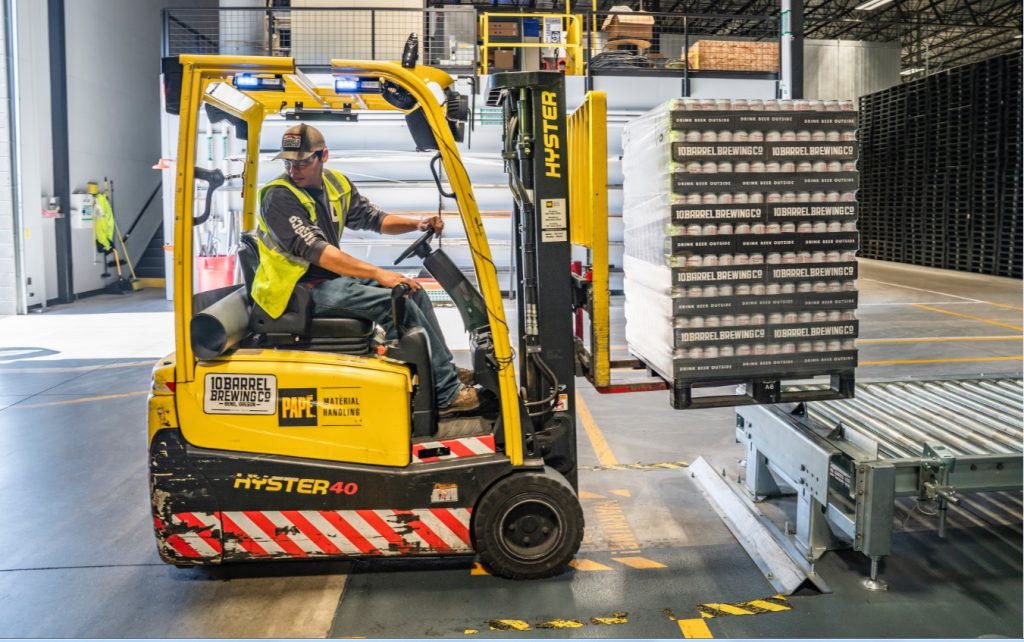Technology comes with a price: endangered jobs will, sooner or later, be done by machines. How will society continue profiting of the extraordinary skills of these professionals?
Technology shapes our society more than ever. With technology, many improvements in our quality of life were achieved, including advanced healthcare and economic growth. Even most modern companies are dependent on technology. Things like digitization and automation are key ingredients for a successful business. But now that the society of the future lies ahead with an increasing emphasis on automated work by machines, which role is left for the “common folk”?
Are machines taking our jobs??
This is not a recent problem. Technological progress leads, most of the times, to the outdating of some jobs. Think of lamplighters, who ended up losing their job because now public illumination is provided via electricity. What has happened to the lamp lighters could, in the near future, happen to other jobs. A good example is the sector of transportation. With the arrival of automated cars, will companies keep paying drivers to do their service? Or will they invest in automated cars, so they have their service running 24 hours a day, without the need to pay salaries? Probably the latter. And how will society minimize the costs of accommodating a whole working community that suddenly is out of jobs? Although it’s a complicated issue, modern societies that have found so many solutions with the help of technological advancements should also be able to solve this issue.
The solution might be related to the way we perceive people in endangered jobs. Often we see them as workers trained to execute this one particular function. However, neuroscience has already shown that these professionals may have extraordinary, and importantly, transferable skills. By executing a particular function for many years, workers train and become much more proficient in specific cognitive skills than people in other professional areas. Take the case of taxi drivers. Neuroimaging researchers from London studied the hippocampus of taxi drivers working in the British capital. The hippocampus is a brain structure related to spatial memory and navigation, which are things that taxi drivers become very good at. The researchers showed that cortical layers in the hippocampus of taxi drivers thickened over time, but no change was seen in non-professional drivers. This reflects better spatial memory and navigation skills in taxi drivers as a result of training. Of course, special skills are not only acquired by taxi drivers but also in other professional areas and, more importantly, they often can be applied to a wide range of different jobs and industries. So the real challenge of the future will be to find professions in which the previously acquired skills can be put to good use without wasting the great potential of our highly trained workers.

Image courtesy of Pexels (CC0 1.0).
Be aware because your job might be next!
What applies to taxi drivers may also apply to others professions that are endangered by automation in the near future. There are even sites that guess how likely your job will be taken by robots. Just be aware you are not the only one who is probably facing big changes in the future. It might even hit professions you were not expecting. For instance, in 2009, reports of the first robot scientist were published. So, I guess, I better make sure to discover my extraordinary skills very soon…
This blog was written by João, edited by Eva and Marisha.
Inspired by the talk given our colleagues Kwok, Mats and Guilherme.

